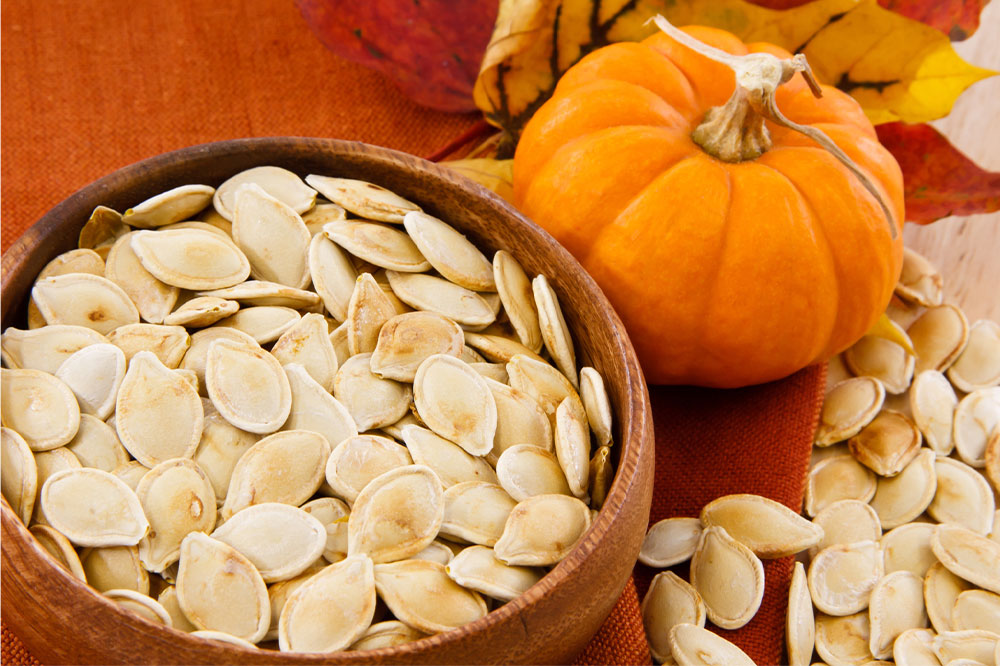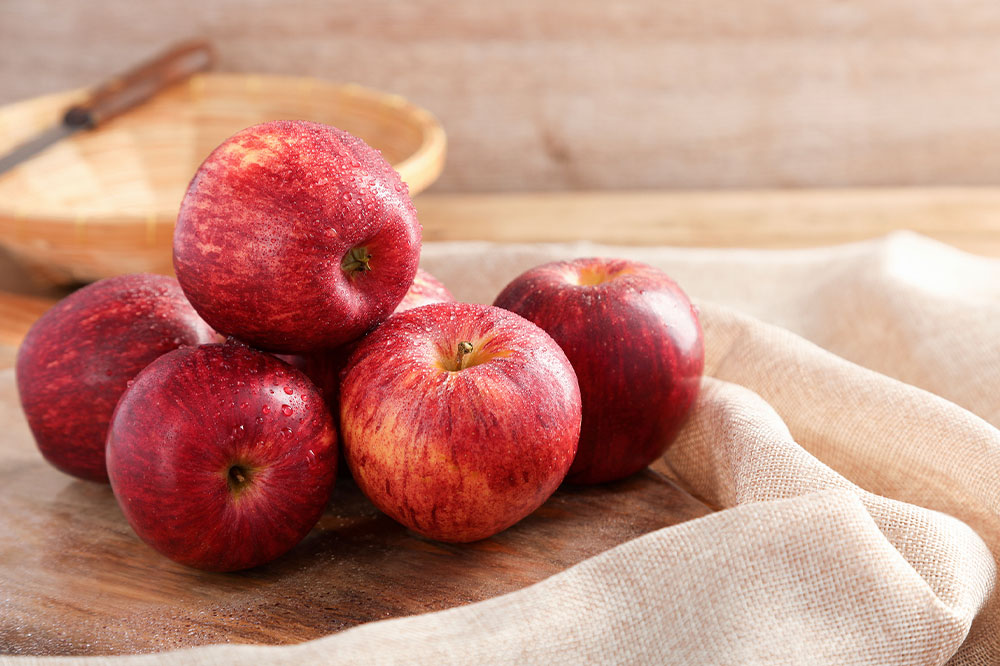
6 foods that help increase red blood cell count
Red blood cells (RBCs) are essential to ensure the proper functioning of vital organs in the body. The transportation of nutrients and oxygen to these organs depends heavily on RBCs. It’s important to note that insufficient RBCs can lead to organ dysfunction, which is why maintaining a healthy RBC count is crucial. Fortunately, one way to achieve this is through proper nutrition. Several foods can help increase RBC count, ensuring the body functions at its best.
Pumpkin seeds
These seeds are well-known for their cardiovascular health benefits and can also help increase a person’s red blood cell count.
Pumpkin seeds have a characteristic crunchy feel, making them a handy snack option for people to munch on every now and again. More importantly, these seeds contain almost eight milligrams of iron along with nutrients like magnesium, calcium, and manganese. All these elements are essential to boost red blood cell production in a person’s body.
Moreover, pumpkin seeds also contain loads of copper, another mineral associated with increasing the red blood cells in the body and enhancing one’s immune system. As stated, pumpkin seeds can be eaten alone or sprinkled over smoothies or salads. Regardless of how one consumes them, pumpkin seeds are a great way to increase hemoglobin levels.
Onions
The ultimate tastemakers, onions, can also help increase hemoglobin levels and the number of red blood cells in the body. Onions are loaded with flavonoid antioxidants that can protect existing cells and stimulate the production of new ones, resulting in numerous health benefits. Antioxidants, in general, protect the body against RBC lipid peroxidation, increase levels of reduced glutathione (GSH), and reduce levels of reactive oxygen species, all of which directly or indirectly boost the red blood cell count in the body.
In other terms, onions are hugely beneficial for one’s heart health in many ways. For instance, onions boost blood circulation by increasing the width of veins and arteries to smoothen and speed up the process of blood flow.
Watermelon
Like pumpkin seeds, watermelon is also an unconventional choice for RBC-boosting foods. Many studies and live examples have found watermelon’s potency in increasing hemoglobin levels in one’s blood.
Watermelons are rich in vitamin C, an antioxidative element that reduces the possibility of inflammation and makes iron absorption faster and more efficient in the body. Moreover, watermelon itself is a good source of iron. So, whether one prefers it diced, frozen, juiced, or blended in a smoothie, watermelon retains its incredible ability to raise the red blood cell count in the body.
Spinach
Leafy green vegetables are often included in lists of the best foods because they are packed with nutrients and health benefits. This is especially true when it comes to foods that increase red blood cell count. Spinach, in particular, is a highly efficient vegetable to keep an individual’s hemoglobin levels constantly high. It is rich in vitamin B9 (folic acids), which boosts cardiovascular health in individuals in multiple ways. Some other foods rich in vitamin B are enriched bread and cereals, liver, asparagus, and Brussels sprouts.
Avocados
These are fruits rich in unsaturated fats, the elements that are considered among the most important ones for one’s cardiovascular health. Avocados, like spinach, are loaded to the brim with vitamin B9, also known as folates, a nutrient scientifically proven to boost an individual’s RBC count. Vitamin B9 helps duplicate a person’s DNA at a rapid rate to increase the red blood content in their body. Moreover, a deficiency in folates and folic acid leads to health issues such as low RBC count and anemia.
Milk and cheese
Dairy products are not too far behind from a red blood cell count-boosting perspective either. Foods like milk, cheese, and butter are rich in vitamin B12, which facilitates the rapid production of red blood cells inside one’s body. Apart from milk, cheese, ice cream, butter, and other dairy products, some other foods rich in vitamin B12 are meat, fish, poultry, eggs, and fortified items like cereals and nutritional yeasts.
Apart from these foods, some of the other names that increase one’s red blood cell count are asparagus, tuna, salmon, mackerel, walnuts, and hazelnuts.
A well-balanced meal plan with a variety of foods is essential to support red blood cell production. After receiving the results of an RBC blood test, the healthcare provider may suggest specific meal recommendations, supplements, or other interventions to help improve one’s RBC count.




